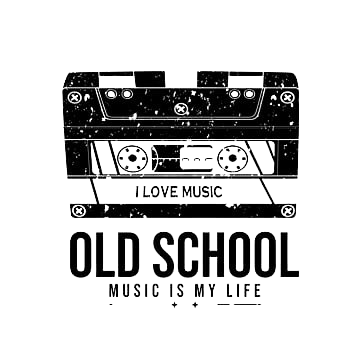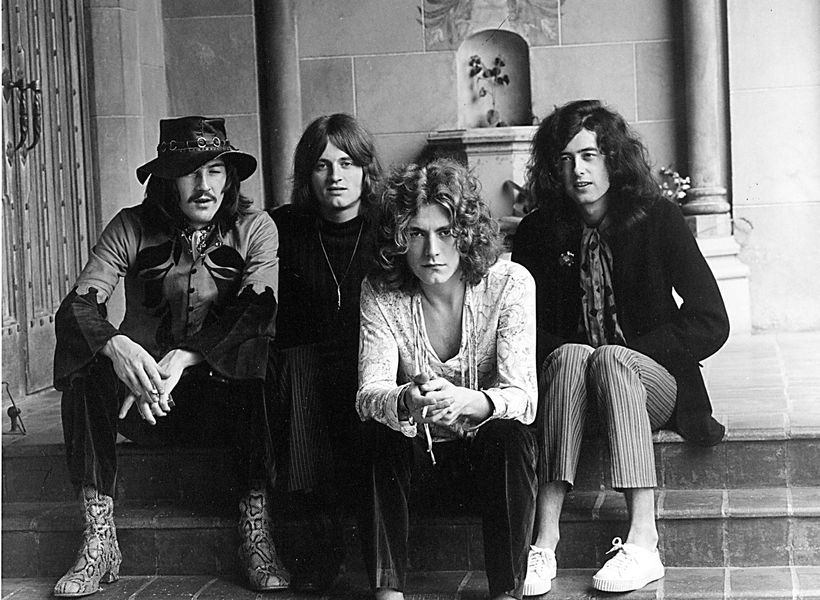Led Zeppelin’s second album, Led Zeppelin II, heroically knocked the Beatles’ Abbey Road off the top of the albums chart in 1969. Evidently, the Midlands band were a force to be reckoned with. Yet, their follow-up album Led Zeppelin III didn’t quite follow up on the promise.
Suddenly, the momentum of Zeppelin’s career stalled, and criticism from both the music press and fans of the band came hailing in, causing hurt to Plant, Page, Jones and Bonham in the process. But given the extraordinary talents of the groups, they weren’t going to just lie down and take in; they were going to come back.
By the summer of 1971, Zeppelin had a clear vision of returning to form; they had spent the last year or so writing and recording a set of songs to get the industry back on their side. However, with the album ready to go, upon taking the album cover to the heads of Atlantic Records, they were disappointed.
The reason for their shock was that the album cover had no title, no name, no nothing – bar an absolutely gorgeous yet strange photograph. Zeppelin had wanted to continue the theme of not necessarily naming their LP, but given the backlash against their previous effort, Atlantic considered the decision to follow suit “commercial suicide”. How could anyone identify the record if there were no words indicating who it was by?
Zeppelin themselves, though, believes in the songs and in the power of alternative marketing. Page said back in 2010: “The cover was supposed to be something that was for other people to savour rather than for me to actually spell everything out, which would make the whole thing rather disappointing on that level of your own personal adventure into the music.”
Elsewhere he added: “After all we had accomplished, the press was still calling us a hype. So that is why the fourth album was untitled. It was a meaningless protest, really, but we wanted to prove that people were not buying us for the name. We decided on the fourth album that we would deliberately downplay the group name, and there wouldn’t be any information on the outer jacket. Names and titles do not mean a thing. We said we just wanted to rely purely on our music.”
Fortunately, the band stuck to their guns and believed in the power of their music, and the untitled album (commonly referred to as Led Zeppelin IV) went on to be their best, containing the iconic tracks ‘Black Dog’, ‘Stairway to Heaven’ and ‘When the Levee Breaks’.

